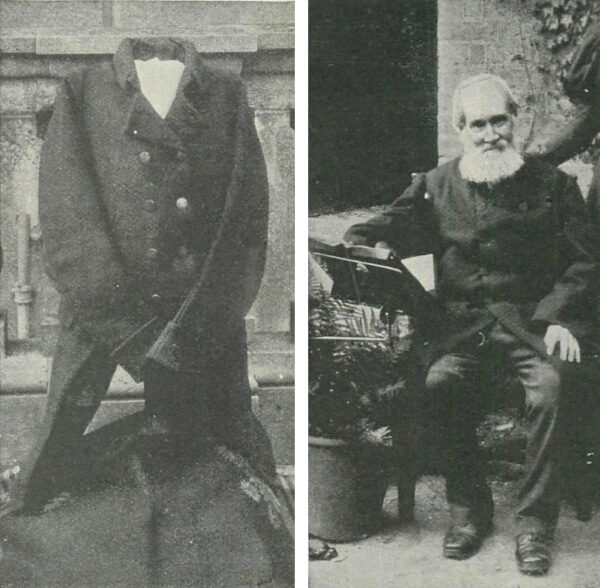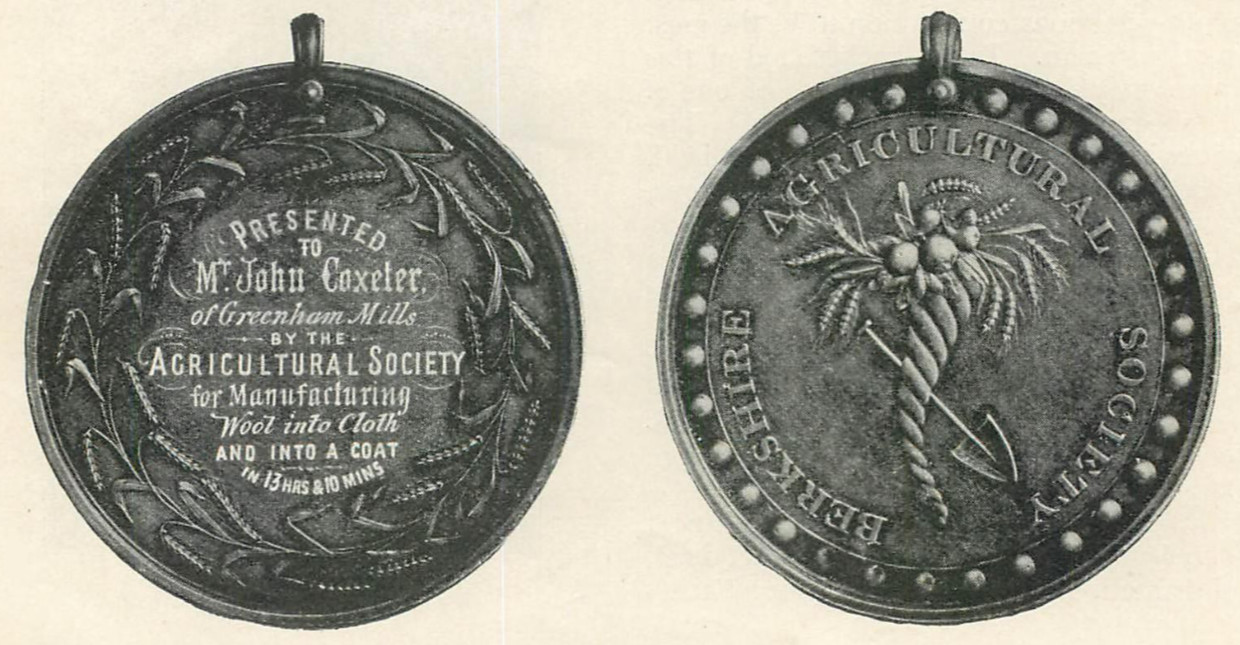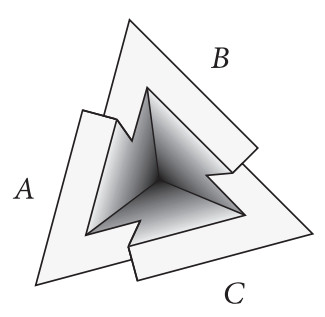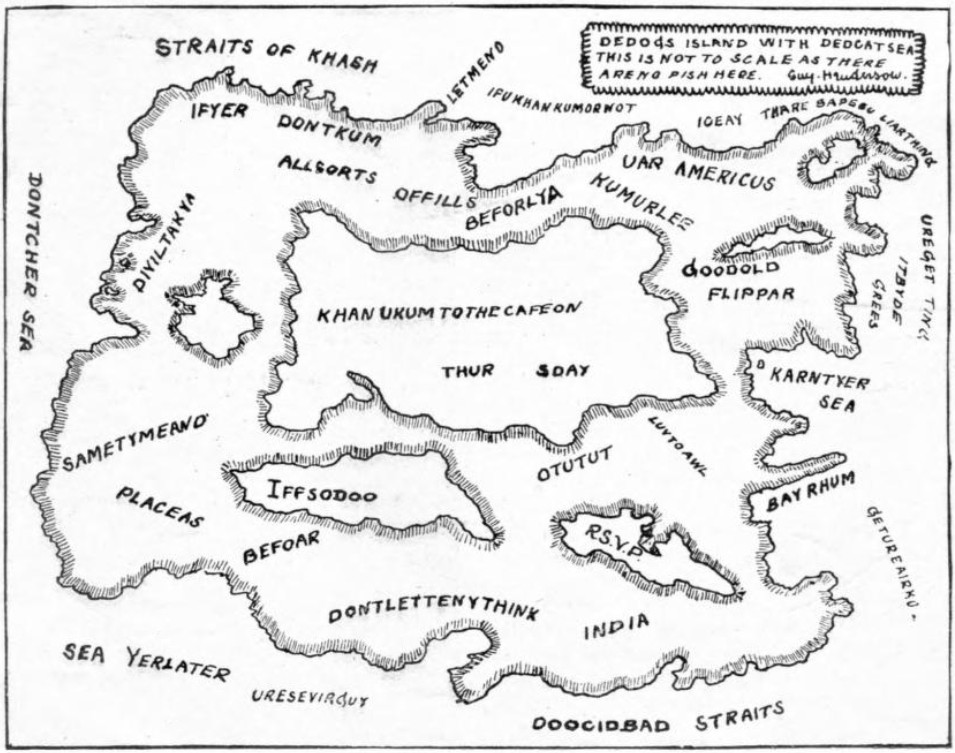Back in 2007 I noted the report of a curious wager in Berkshire in 1811: Sir John Throckmorton of Newbury bet a thousand guineas that he could have a coat made between sunrise and sunset of a single summer’s day, from the shearing of the sheep to the finished coat’s delivery by the tailor.
This appears to be true — in 1899 the Strand published a retrospective of the feat, including the first photo of the finished coat and the remarks of 93-year-old Charles Coxeter, the sole surviving witness and the younger brother of John Coxeter, the cloth manufacturer who had superintended most of the work. The sheep had been sheared at 5 a.m., and by 6:20 p.m. Throckmorton was able to don the finish coat before a crowd of 5,000 people, an hour and three-quarters before the deadline.
Coxeter was a curiously ambitious man: After the Battle of Waterloo he sponsored the preparation of a plum pudding 20 feet long, “which was cooked under the supervision of twelve ladies.” The “monster pudding” was carried to his house on a timber wagon drawn by two oxen and declared by all who partook “as nice as mother makes ’em.”












